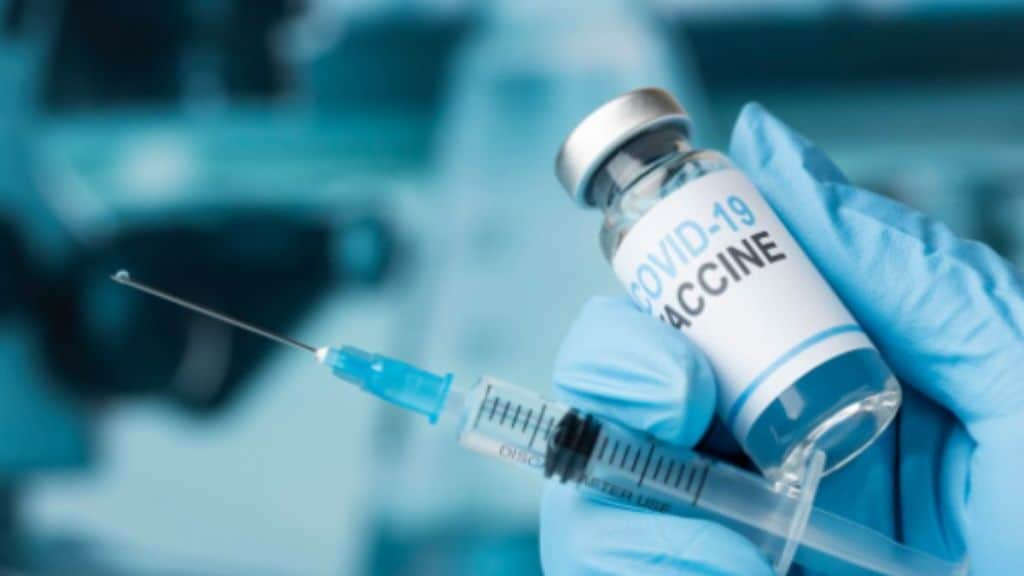COVID-19 has changed life for millions across the world, causing serious illness and deaths. Vaccines have been a game-changer, helping people stay safe and avoid severe disease. But the virus keeps evolving, which means updated vaccines are needed to keep up with new variants and maintain protection. To tackle the latest variants, the US FDA recently approved updated COVID-19 vaccines. While these shots aim to boost protection, many people are confused about who can get them, how well they work against the current strains, and whether insurance will cover them or not.
How many updated COVID vaccines are available?
As of now, there are three updated COVID-19 vaccines approved in the United States. Moderna’s version is approved for anyone six months and older, Pfizer’s vaccine is for those five years and older, and Novavax is authorised for people 12 and older, according to Forbes. Each of these vaccines is designed to provide stronger immunity against emerging variants.
Which COVID strains do the vaccines protect against?
The updated vaccines target the JN.1 lineage of COVID-19, specifically the LP.8.1 strain, a descendant of the Omicron variant. In the US, the dominant strain causing most infections is currently the XFG, or ‘stratus’ variant. As per Forbes, because XFG is closely related to LP.8.1, the new vaccines are expected to offer protection against this prevalent strain. Health experts, including the World Health Organization, say the vaccines are effective at preventing severe illness, hospitalization, and death.
Who is eligible for the updated vaccines?
Eligibility has changed with the FDA’s new guidance. The vaccine is now primarily recommended for adults aged 65 and older and for younger people who have at least one medical condition that increases the risk of severe COVID infection. Those eligible can receive the updated shots at healthcare clinics and pharmacies, with insurance coverage likely provided.
What counts as high risk for severe COVID infection?
Adults under 65 must have at least one qualifying medical condition to receive the updated vaccine. According to the CDC, 22 conditions currently qualify, including obesity, depression, diabetes, asthma, and cancer. However, the list may change after the Advisory Committee on Immunization Practices (ACIP) meets on September 18 to provide updated recommendations.
Pregnancy was previously included as a qualifying condition, but Secretary of Health and Human Services Robert F. Kennedy Jr. recently stated that healthy pregnant individuals would not currently qualify for the shot. More clarity is expected after the ACIP meeting later this month.
Can healthy people still get the COVID vaccine?
If you are a healthy adult or child without underlying risk factors, it is technically possible to receive the updated vaccine, but there are practical hurdles. Most adults would need a doctor’s prescription, while children require shared decision-making between parents and physicians.
There are additional barriers. Many Americans do not have a primary care doctor, which could prevent them from getting a prescription. Even with a prescription, uninsured individuals may face out-of-pocket costs of about 150 dollars. According to the CDC, over 27 million Americans currently lack health insurance, making access difficult. Furthermore, some doctors may be hesitant to prescribe the vaccine ‘off-label,’ since it has not been officially recommended for certain populations.
Insurance coverage remains uncertain
As per Forbes, insurance coverage for the updated vaccines is closely tied to CDC guidance and ACIP recommendations. The outcome of the September 18 ACIP meeting will likely determine who qualifies for insurance-covered COVID vaccines and clarify eligibility rules for healthy adults and children.
Why the updated vaccines matter
Health experts explain that the new vaccines aim to protect those most at risk, especially older adults and people with underlying medical conditions. By targeting the LP.8.1 strain, the updated shots help maintain strong immunity as new variants emerge.
Dr. Anthony Fauci, former director of the National Institute of Allergy and Infectious Diseases, said, “The updated vaccines are crucial for maintaining protection among older adults and high-risk populations, who remain most vulnerable to severe COVID outcomes.”
Meanwhile, CDC Director Dr. Rochelle Walensky added, “The revised guidance ensures that vaccines are prioritized for those who will benefit most while continuing to monitor emerging variants.”
With three updated COVID vaccines now approved, Americans have new options for protection against the evolving virus. The upcoming ACIP meeting and CDC recommendations will provide clarity on eligibility, insurance coverage, and who can receive the vaccine.


